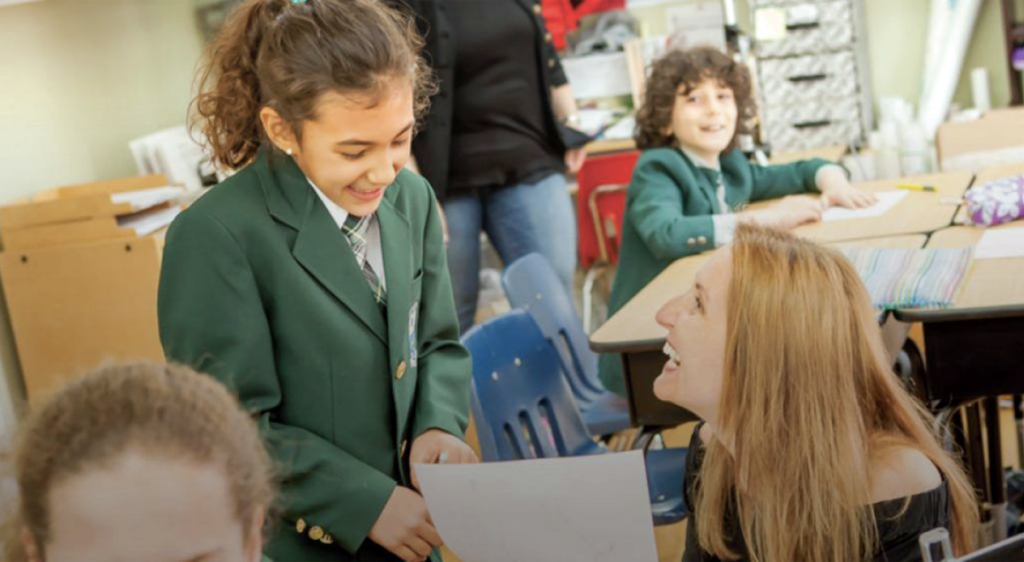
The Montessori philosophy and method of education is based on the research of Dr. Maria Montessori who found that “a child’s work is to create the person she/he will become.” She established that children are born with special mental abilities which aid in the work of their own development. Children can accomplish this task only through purposeful movement, exploration, and discovery of their environment. They must be given the freedom to use their abilities to develop physically, intellectually, and spiritually. A Montessori classroom provides this freedom, within the limits of an environment, to develop a sense of order and self-discipline.
Also, basic to Montessori’s philosophy is her discovery of Sensitive Periods in a child’s development. Throughout these periods children seek certain stimuli with immense intensity, to the exclusion of all others. During this time a child can easily master a particular skill. Dr. Montessori devised special materials to aid children in each Sensitive Period. It is the responsibility of the teacher to recognize these periods in individual children and put them in touch with appropriate materials in the classroom environment.
The focus of a Montessori education continually changes to adapt to the child’s natural stages of development. Montessori described these stages as Planes of Development, which are the basis for the three-year age groupings found in Montessori school classes.
Dr. Montessori observed that children had a natural curiosity and desire to learn; the materials in the classroom are designed to awaken this desire and direct the curiosity into a positive and empowering learning experience. All of the classroom materials are intended to concretely lead children into the understanding of a concept. The role of the teacher is to provide a stimulating environment and direct the children towards concepts for which they are developmentally ready.


